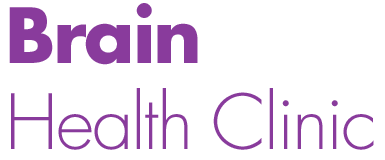
In a prior article, we discussed a National Institutes of Health (NIH) report on the increase in Alcohol Use Disorder, or AUD, throughout the United States as a result of stress related to the COVID-19 crisis. In this article, the Brain Health Clinic will present results from a Brazilian study conducted during the pandemic that demonstrated positive results from using neurofeedback as a therapy for AUD. The study indicated that the type of neurofeedback available here at our Sacramento clinic is effective as a form of intervention.
Study Reviewed Eight Different Experiments
The study was entitled “Electroencephalographic neurofeedback as a tool for reducing harm and risk associated with alcohol use disorder: A critical review.” It appeared in the March 2022 issue of the journal Drug Alcohol Review. The researchers discussed their initial goals for the review, stating: “Many people use alcohol to reduce stress and anxiety, considered as risk factors for AUD. Chronic alcohol use leads to changes in the reward system and the high level of stress may exacerbate neuroendocrine responses. Electroencephalographic (EEG) neurofeedback shows reduction of stress, anxiety and alcohol abuse and it could be an important tool for reducing harm and risk associated with AUD.”
Eight experiments were chosen for review. The combined experiments found that neurofeedback therapy promotes relaxation in the AUD subject, and “decreases anxiety or stress, prevents alcohol relapse, maintains abstinence and increases the feeling of well-being.” As a result of the review, the researchers concluded: “Studies reinforce the use of EEG neurofeedback as an alternative tool for reducing harm and risk in AUD.”
In Addition to Neurofeedback
The Brain Health Clinic takes a holistic view towards helping our clients, applying the principles of functional medicine. We examine your habits, diet, and psychological well-being, in addition to providing neurofeedback therapy. Therefore, besides consulting with us about the value of neurofeedback for treating alcoholism, alcohol dependence, alcohol overuse, or AUD, we also suggest following the advice of the NIH:
- Avoid isolating yourself. Interact often with friends and family. Develop, maintain, and improve relationships as an antidote to AUD.
- Exercise often. The NIH states that “exercise helps with nearly every ailment.”
- Know the facts. Consult with us here at the Brain Health Clinic, visit your medical professional, and explore the resources at the National Institute for Alcohol Abuse and Alcoholism.
For a free consultation with the clinicians at the Brain Health Clinic about how neurofeedback and lifestyle changes can help with AUD, contact us by phone or online.
